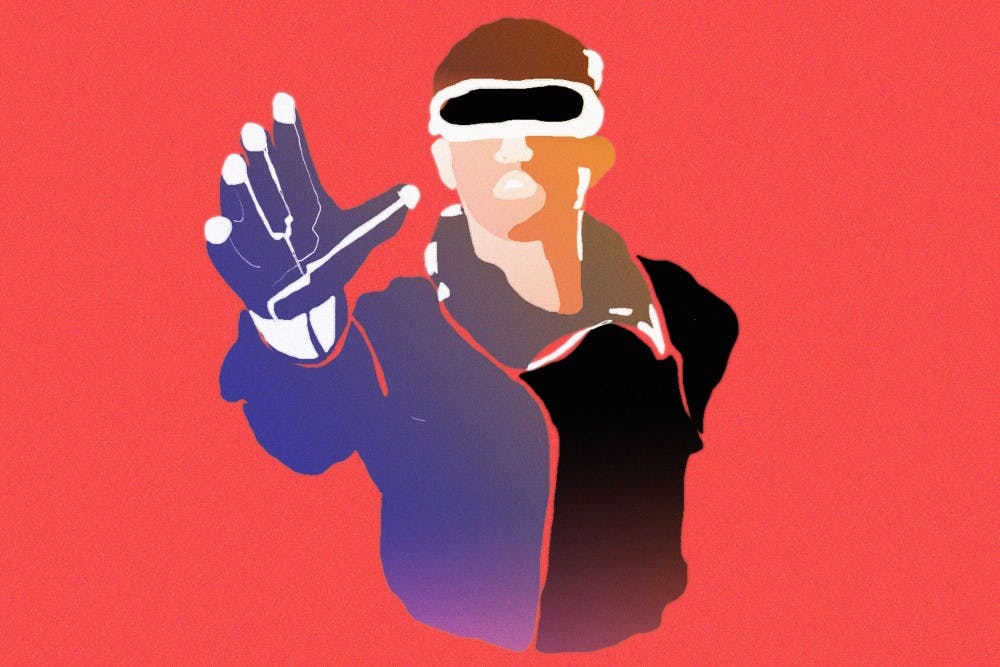Editor's note: This column details the plot of the novel and upcoming film "Ready Player One."
"Ready Player One" is a thoroughly awful novel, which has now been made into a movie, that is shaping up to be comparable to the source material in quality. However, one must also acknowledge that as a piece of media, and an exceedingly popular one at that, "Ready Player One" serves as an invaluable emblem of the era in which we live; it is a reflection of our contemporary cultural mythology, such as the “Great Man” theory of history, the obsession with recreating the past and the belief that technological development alone can preserve us.
The novel takes place in a near-future Malthusian dystopia, in which fossil fuel depletion and climate change have caused global socio-economic decline. The population lives in overcrowded cities and stacked trailer homes, and debt bondage has returned as a legal norm. Societal stability is almost single-handedly preserved by the virtual reality system OASIS, which has replaced both material reality and the traditional internet as the realm of commerce and social interaction. OASIS’s in-game currency is the most stable on the planet.
OASIS is not a public utility, but rather a product introduced to the world by James Halliday, a caricature of the Silicon Valley eccentric entrepreneur who shares all of the author’s interests and tastes in pop culture. He has incorporated all of these interests into the virtual world he created. As a result, society has been trapped in the cultural zeitgeist of the late 20th century, with no sign of any sort of new or original art. As unpleasant as this idea seems, the novel's indulgence in and contentment with nostalgia seems only to endorse this cultural stagnation.
The late Halliday proclaimed in his public will that his OASIS, and the corporation that controls it, are to be inherited by the first person who finds the “Easter egg” that he has hidden in the game, which can only be found through a series of puzzles that amount to beating a few arcade games and memorizing movie dialogue.
Our protagonist Wade Watts undertakes the usual Hero’s Journey, and he is rewarded for his knowledge of entertainment trivia with ownership of the most powerful and profitable corporation of all time, which monopolized the global economy and controls de facto global currency.
One could try to interpret "Ready Player One" as warning against the dangers of escapism, but the fact remains that Watts is rewarded throughout the entirety of the book for ignoring the “real world” in favor of memorizing minutiae of 1980s entertainment. The book ends with Watts and his friends as the new owners of OASIS, with vague promises of improving society through corporate charity.
The poisonous optimism of the novel is that we can hope to be saved by some tech billionaire ubermenschen whose absolute economic power can be trusted — an attitude that ultimately encourages the further stratification of society.




